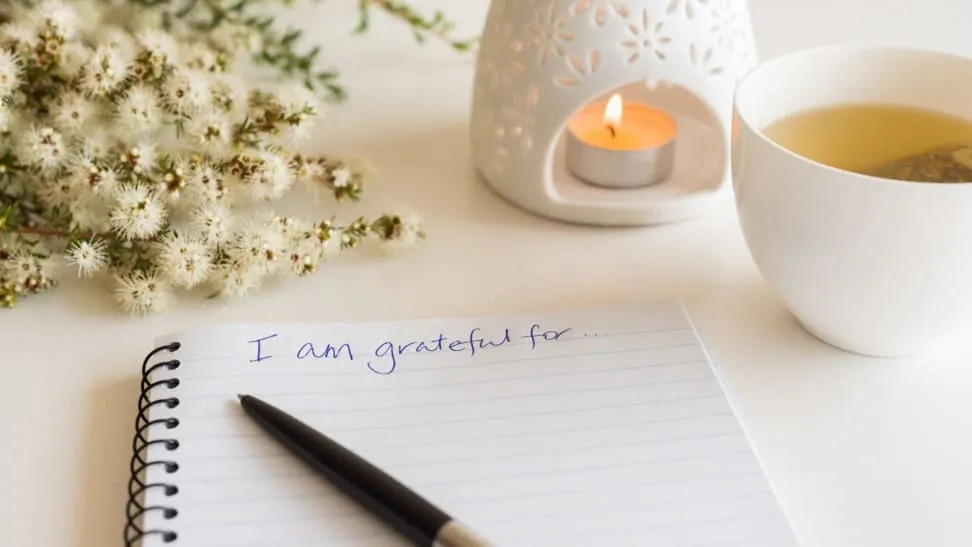Gratitude towards others not only has an impact on the receiver, but also on the person expressing gratitude. It helps us to appreciate the positive aspects of our lives and shifts our focus away from negativity. Gratitude can also improve our mental health and well-being by reducing stress, anxiety and depression.
Yes, it is true that some people find it difficult to express gratitude directly for various reasons. However, expressing gratitude is important for our mental and emotional well-being, as well as for our relationships with others. Fortunately, there are practical ways to practice gratitude in daily life, even if direct expression feels challenging.
One way to practice gratitude is to keep a gratitude journal. Simply take a few minutes each day to write down three things you are grateful for. This can help shift your focus from what you don’t have to what you do have, and can increase feelings of happiness and appreciation.
Another way to practice gratitude is to take notice of the small things in life and appreciate them. This can range from something as simple as a beautiful sunset to the taste of a delicious meal. By paying attention to these small moments, we can cultivate a greater sense of gratitude and appreciation for the world around us.
You can also practice gratitude by expressing it in other ways, such as through small acts of kindness or by giving back to your community. This can include volunteering, donating to a charity, or simply taking time to help a friend or neighbor in need. By giving to others, we not only express gratitude but also build stronger relationships and create positive change in the world around us.
Overall, while expressing gratitude can sometimes feel challenging, there are many practical and meaningful ways to incorporate gratitude into our daily lives. By doing so, we can cultivate a greater sense of happiness, appreciation, and connection to the world around us.
In addition to the methods mentioned earlier, another way to practice gratitude is through acts of kindness. Doing something thoughtful or helpful for someone else can show them that you appreciate them, even if you don’t explicitly say it.

Furthermore, cultivating an attitude of gratitude can help you appreciate the simple joys of life and find contentment in everyday moments. It is important to recognize that gratitude is not just about being thankful for big achievements or major events, but also about appreciating the small things in life.

There are numerous benefits to practicing gratitude, including physical, psychological, and social advantages. For example, it has been shown to improve sleep quality, boost self-esteem, and deepen relationships with others.
In conclusion, showing gratitude towards others is a simple yet powerful way to cultivate positivity in our lives. Whether through writing, messaging, meditating or acts of kindness, taking time to express gratitude can have a significant impact on our well-being.
